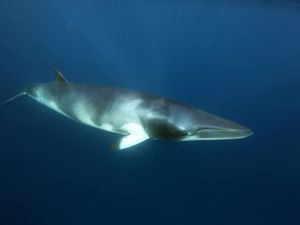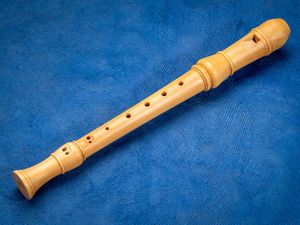Norway urged to cancel ‘unacceptable’ minke whale hearing experiments
More than 50 scientists and vets are calling for a halt to the plans to capture and run tests on 12 minke whales.

More than 50 scientists and vets from around the world have raised concerns over plans by Norway to capture and subject minke whales to hearing experiments.
The experiment will see 12 juvenile minke whales caught in nets off Lofoten, Norway, and held between two rafts for up to six hours to measure their hearing with electrodes under the skin.
The move by Norwegian researchers, which will also involve satellite tagging the minke whales before release, aims to increase understanding of how they hear, to better assess the impact of noise pollution from human activities.
But wildlife charity Whale and Dolphin Conservation has written to Norwegian Prime Minister Erna Solberg on behalf of more than 50 experts, calling for the cancellation of the trials, warning “they are completely unacceptable from a conservation, scientific and animal welfare point of view”.
A statement of concern signed by the scientists and vets warns the tests have significant potential for causing injury and stress and could lead to “capture myopathy” – harm to or death of wild animals as a result of stress or exertions fighting capture and restraint.
The experts also raise concerns that the project risks the safety of researchers, while they say the potential emergency sedation of the whales is not acceptable.
And they warn the research would take place in an unnatural context, making it difficult to see how it would produce meaningful data that could help inform policy decisions to protect whales against ocean noise pollution.
The Norwegian Food Safety Authority, which awarded the permit for the research by the Norwegian Defence Research Establishment, said it believed the results would benefit both minke and other whales as more would be learned about how noise pollution in the ocean can disturb the animals.
It also said it believed the consequences for animal welfare have been assessed carefully, and the procedure and decision to grant permission were justified.
The Norwegian Defence Research Establishment said the study is funded by US oil and energy authorities, fishery authorities and the US Navy, with a goal to protect animals from man-made sonar and seismic noise.
But the statement of concern from the scientists said: “We urge this project to be stopped as it may lead to considerable trauma for the whales targeted, without contributing to useful science.”
It has been signed by experts from organisations including Whale and Dolphin Conservation, Orca, Hebridean Whale and Dolphin Trust in Scotland and academics from countries including the UK, Canada, Australia, Peru and Norway.
Vanessa Williams-Grey, policy manager at Whale and Dolphin Conservation, and one of the signatories, said: “This experiment is both ill-conceived and unnecessary – we already know that human-made noise in our ocean damages and disturbs whales.
“We have grave concerns about the animal welfare implications. Minke whales tend to be skittish and juveniles especially so. The risk of capture myopathy and other consequences of an extremely stressful event like this are high.
“If it is allowed to go ahead, it could lead to considerable suffering for the individual whales trapped and forcibly restrained for these tests. This is not good science.”





